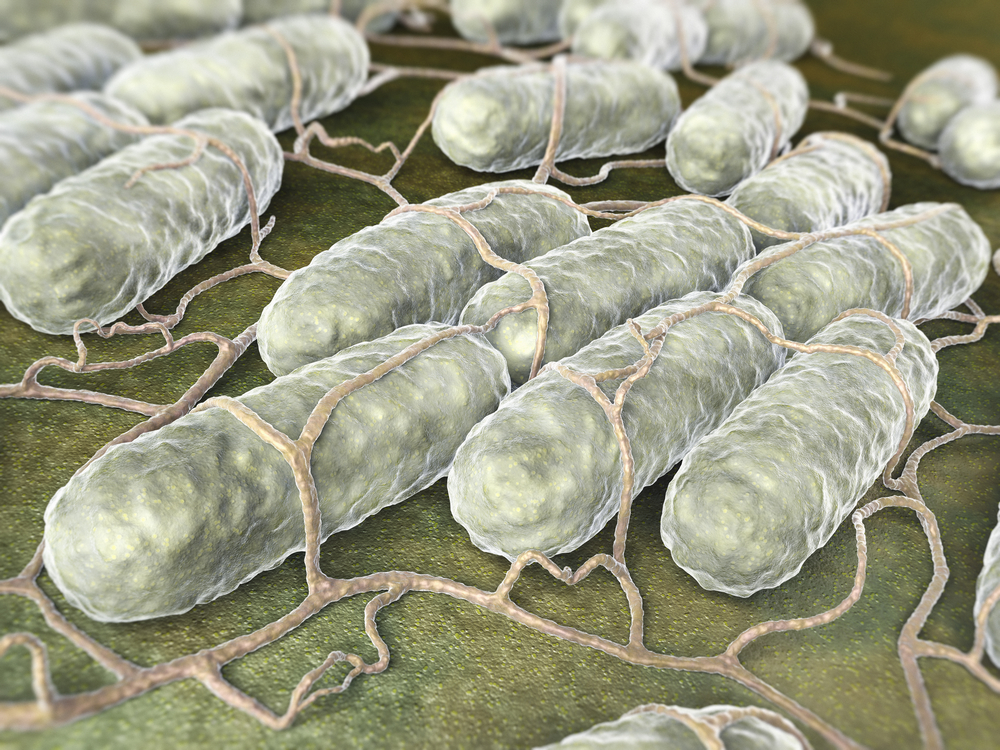The human gut microflora is responsible for maintaining many vital functions necessary for homeostasis. Digesting food, protection from foreign pathogens, providing immunity are some of the major functional attributes of gut microbes. Though a lot has been said and written about their protective features, little is known about their fate as the host’s body grows older. Changes in the gut barrier’s structure with age and the reasons behind such changes all are mere mysteries till date.
Researchers at the Institute of Food Research (IFR) in collaboration with those at the University of East Anglia’s Norwich Medical School and the University of Siena, Italy, lead by Professor Claudio Nicoletti from IFR and Professor Alastair Watson from the IFR and the University of East Anglia’s Norwich Medical School conducted a study to compare gut microbiota from both healthy and aged people who made frequent visits to the University Hospital, Siena and the Norfolk and Norwich University Hospital, for routine endoscopy examinations.
The team observed an increase in the pro-inflammatory cytokine, interleukin-6 (encoded by the IL-6 gene) which triggers inflammatory responses and makes the gut barrier ‘leaky’ with age, permeable to foreign pathogens and molecules. This also increases one’s susceptibility to infection, and eventually cancer.
However, it it still unknown what triggers these changes as we age. The process of enhanced inflammatory responses with aging, referred to as ‘inflammaging’ is the new focus of research among scientists. According to Prof. Nicoletti, “Over the next few years in Norwich we shall be working on ways to prevent this breakdown of the barrier in the intestine and prevent many of the diseases of old age. Understanding the triggers will help us better understand what caused the changes observed in this study, and find ways of preventing them,” he said. “If the gut bacteria are implicated in this, it opens up the possibility that we can manipulate these through probiotics, as a way of keeping us healthy as we get older.”


